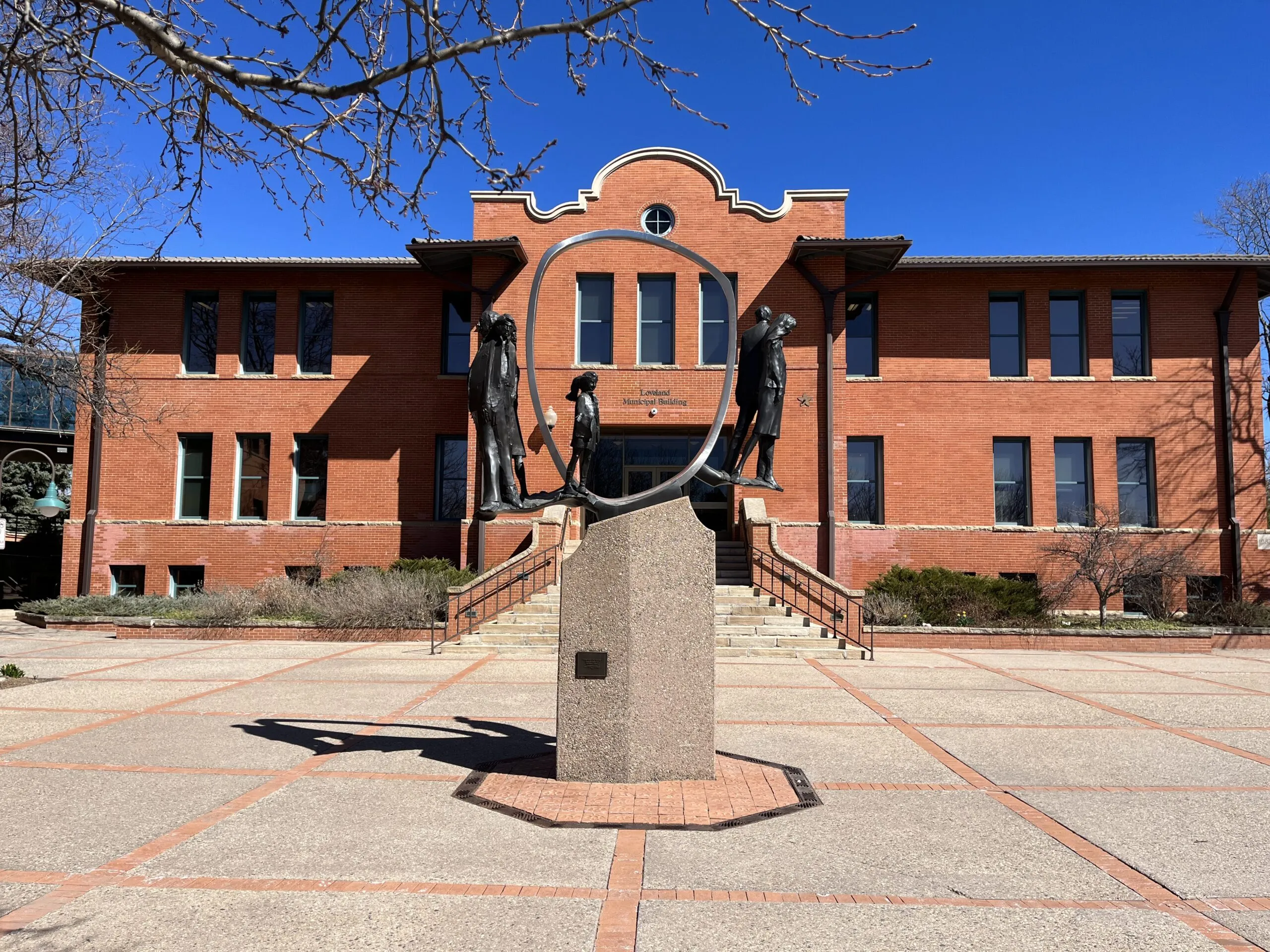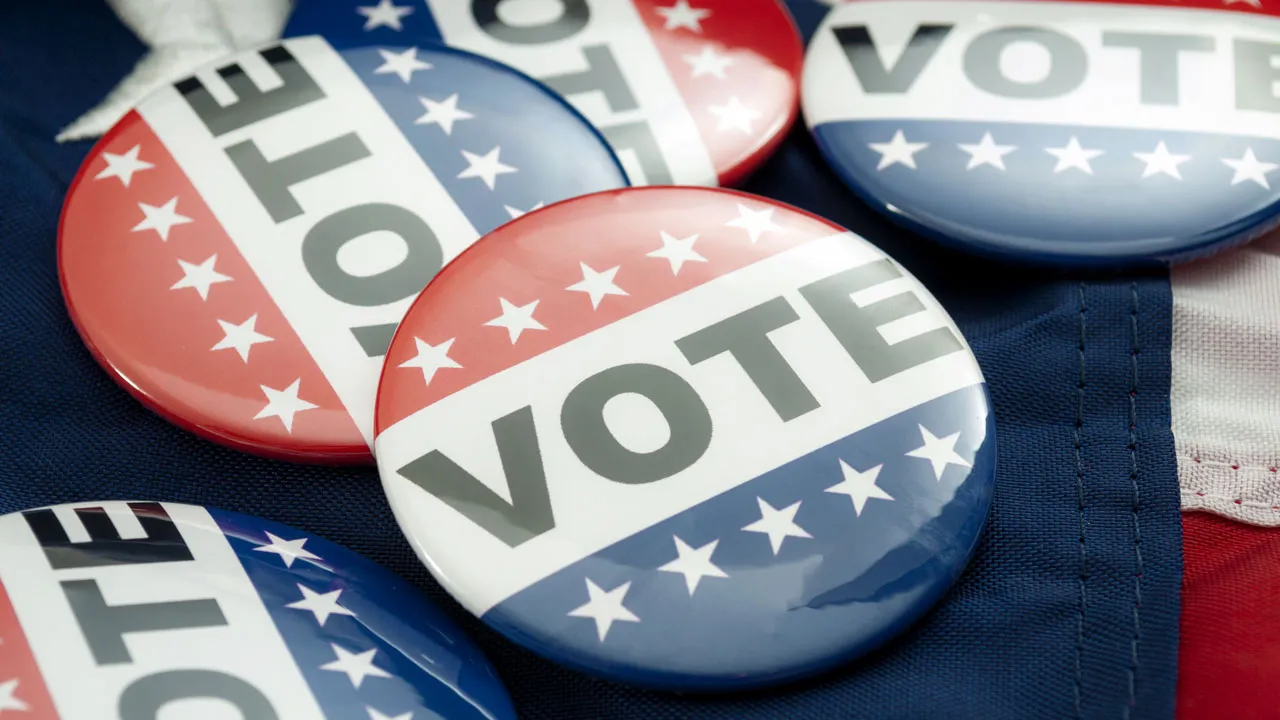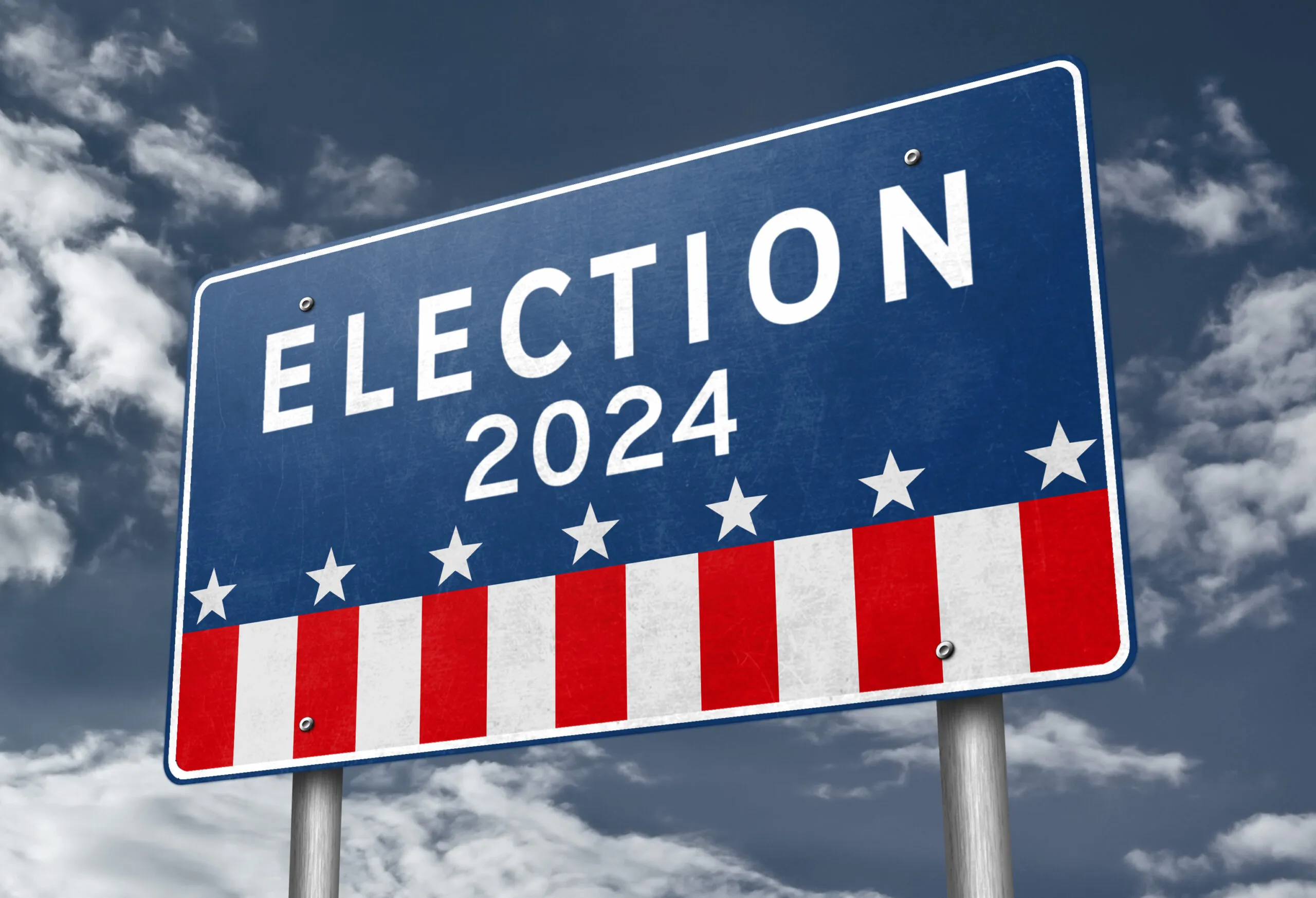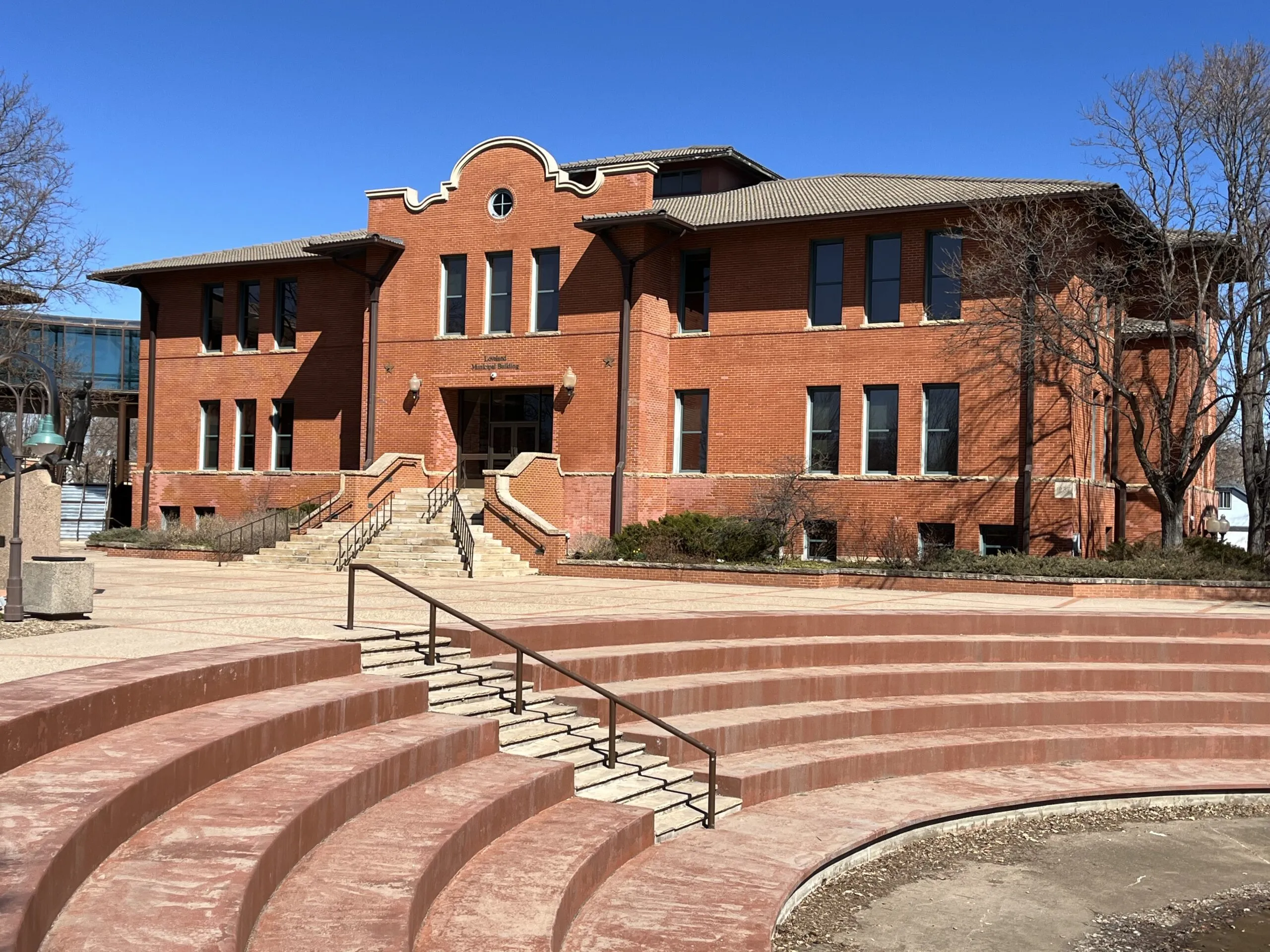Loveland City Council recall protest to get hearing as board minority sues

Signs of deepening discord on the Loveland City Council continued on Tuesday, with the board’s four-member minority filing a civil-rights complaint against the city in federal court and City Council voting to hire a hearing officer to rule on a member’s appeal of a recall petition seeking to oust him.
THIS ARTICLE IS FOR SUBSCRIBERS ONLY
Continue reading for less than $3 per week!
Get a month of award-winning local business news, trends and insights
Access award-winning content today!
Already have a paid subscription?





